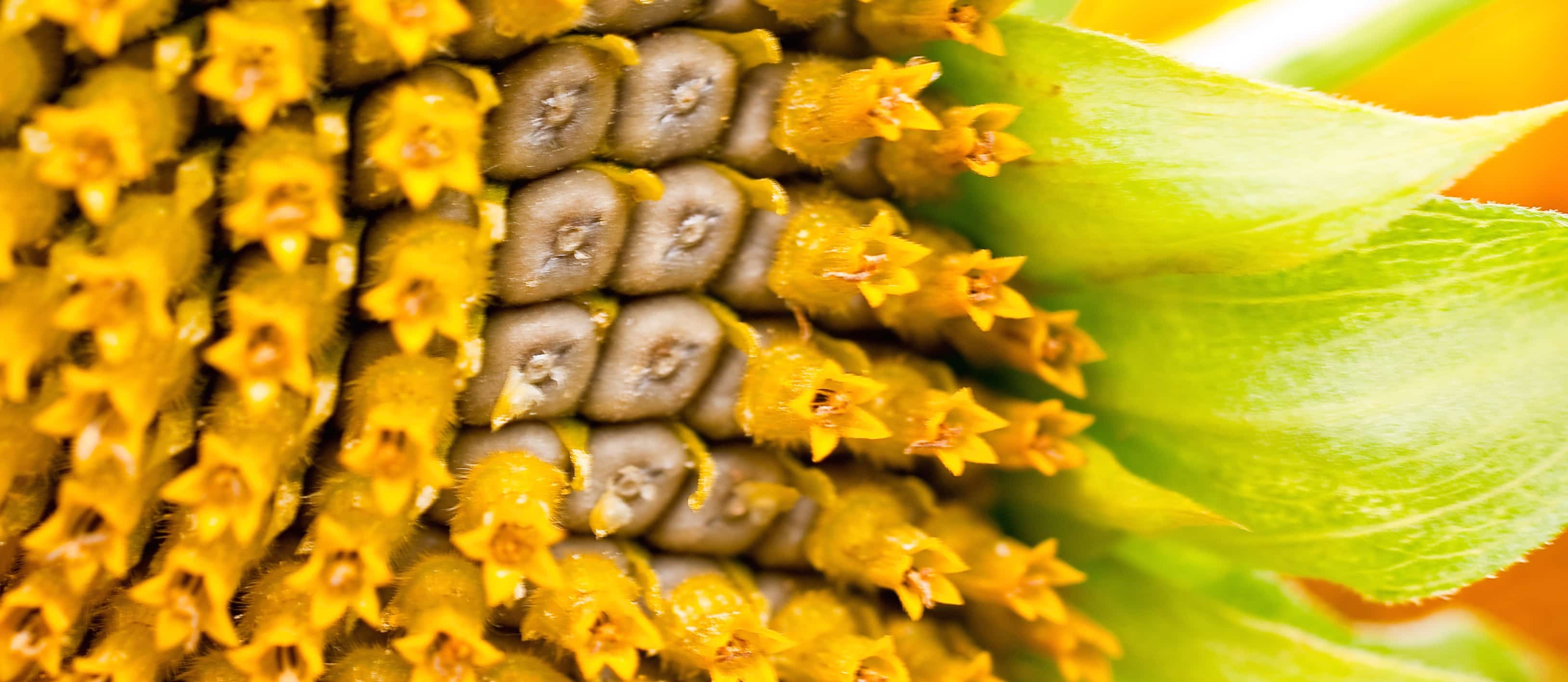One in eight American women will be diagnosed with breast cancer in her lifetime. There are a number of compounds in plant foods that may protect against breast cancer by a variety of mechanisms. I’ve talked about the benefits of broccoli, flaxseeds, and soy foods before (See Breast Cancer Survival Vegetable, Flaxseeds & Breast Cancer Prevention, and Breast Cancer Survival and Soy) but a recent German study reported something new. The researchers found that sunflower and pumpkin seeds were associated with reduced breast cancer risk. They initially chalked the association up to the lignans in the seeds (See Breast Cancer Survival and Lignan Intake), but their lignan lead didn’t pan out. Maybe it’s the phytosterols found concentrated in seeds? (See Optimal Phytosterol Source).
There is evidence that phytosterols may be anticancer nutrients and play a role in reducing breast cancer risk. I thought phytosterols just lowered cholesterol? (See How Phytosterols Lower Cholesterol) What does cancer have to do with cholesterol?
Increasing evidence demonstrates the role that cholesterol may play in the development and progression of breast cancer. Cancer feeds on cholesterol. Transformed cells take up LDL, so-called “bad” cholesterol, and it’s capable of stimulating the growth of human breast cancer cells in a petri dish.
The ability to accumulate fat and cholesterol may enable cancer cells to take advantage of people eating high fat and high cholesterol diets and at least partially explain the benefit of a low-fat diet on lowering human breast cancer recurrence. Although the data has been mixed, the largest study to date (highlighted in my video, Cholesterol Feeds Breast Cancer Cells) found a 17% increased breast cancer risk in women who had a total cholesterol over 240 compared to women whose cholesterol was under 160. However, the researchers could not rule out that there may be something else in cholesterol-raising foods that’s increasing breast cancer risk.
Tumors suck up so much cholesterol that LDL has been considered a vehicle for delivering antitumor drugs to cancer cells. Since cancer feeds on cholesterol, maybe we could stuff some chemo into it like a Trojan horse poison pill?
The uptake of LDL into tumors may be why people’s cholesterol levels drop low after they get cancer—the tumor is eating it up. In fact, patient survival may be lowest when cholesterol uptake is highest. “High LDL receptor content in breast cancer tissue seems to indicate a poor prognosis, [suggesting] that breast tumors rich in LDL receptors may grow rapidly [in the body].” We’ve known about this for decades. You can tell that was an old study because, when it was published in the ‘80s, only 1 in 11 American women got breast cancer.
If cholesterol increases breast cancer risk, what about the use of cholesterol-lowering drugs? See Statin Cholesterol Drugs and Invasive Breast Cancer.
More videos on broccoli and soy’s protective effects against breast cancer:
- Broccoli (Broccoli vs. Breast Cancer Stem Cells)
- Soy (BRCA Breast Cancer Genes and Soy)
Some I didn’t mention include:
- Nuts (Tree Nuts or Peanuts for Breast Cancer Prevention?)
- Greens (Preventing Breast Cancer by Any Greens Necessary)
- Mushrooms (Breast Cancer vs. Mushrooms)
- Sea vegetables (Which Seaweed Is Most Protective Against Breast Cancer?)
-Michael Greger, M.D.
PS: If you haven’t yet, you can subscribe to my videos for free by clicking here and watch my full 2012 – 2015 presentations Uprooting the Leading Causes of Death, More than an Apple a Day, From Table to Able, and Food as Medicine.
